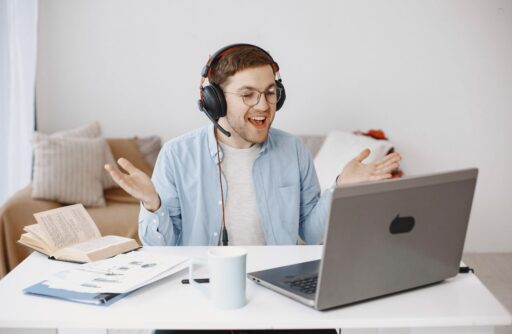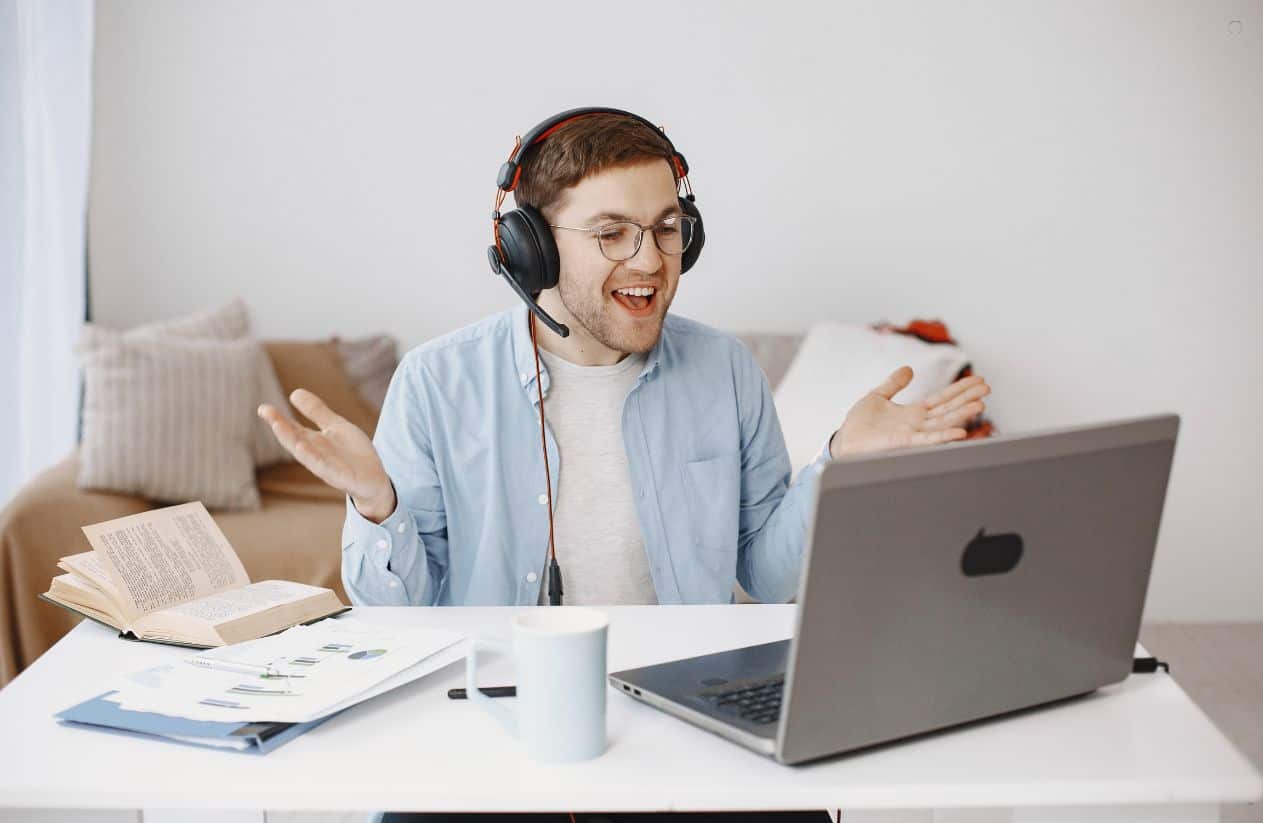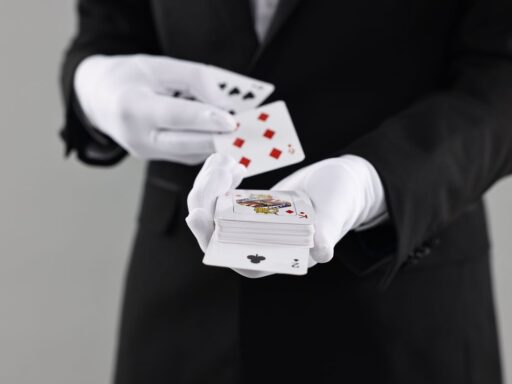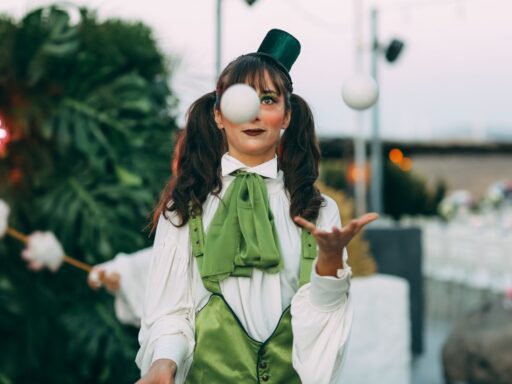When you’re planning an event, you’ve likely thought about the big details like the venue, the food, and the guest list. But there’s one crucial element that can truly make or break the entire experience: clear, effective communication with your performers.
The most essential tips for communicating with performers before an event are the silent heroes behind every flawless show. A lot of people don’t realize that a lack of conversation can lead to a ton of unnecessary stress, last-minute panic, and missed cues on the big day.
No one wants to see an artist get on stage only to find out the sound system isn’t what they expected, or that the schedule they were given was wrong. By establishing a solid line of communication from the beginning, you can turn a good event into a truly great one, ensuring your collaboration is smooth and your show is a smashing success.
Before You Book: Laying the Groundwork for a Smooth Partnership
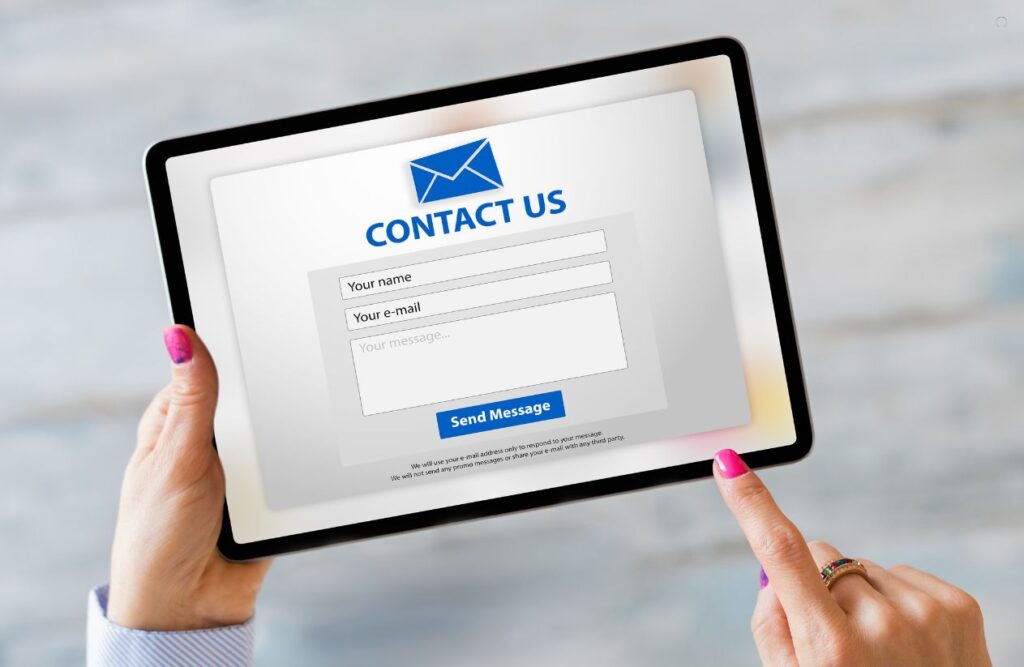
Once you understand why communication is so important, the next step is getting it right from the very start. Before you even sign a contract, the initial inquiry sets the tone for your entire professional relationship. Don’t just ask about availability—be prepared with a detailed checklist of what you need to know.
This includes their rates, any travel or accommodation requirements, and what their typical setup involves. A solid contract is your best friend; it’s a document of trust and clarity, not suspicion. It should clearly outline the date, time, and location of the performance, as well as payment schedules, cancellation policies, and any specific requirements from either side.
Beyond the logistical details, it’s crucial to set the stage by articulating your event’s vision. A great performer wants to deliver a performance that fits your event perfectly, so give them a clear picture. Describe the type of crowd they’ll be entertaining and the overall vibe you’re aiming for. Is it a relaxed social gathering or a formal corporate event?
Providing this context helps them tailor their show, leading to a much more impactful and memorable experience. It’s one of the most important tips for communicating with performers before an event, and it all starts here.
The Pre-Event Prep: Nailing the Nitty-Gritty Details

You’ve got the contract signed and the vision is set. Now it’s time to move into the nuts and bolts of the performance. This is where most of the work happens and where you can really set yourself up for success on the big day.
First, let’s talk about the rider. Think of a performance rider as a performer’s needs list. It’s a document that clearly outlines their technical and hospitality requirements. On the technical side, this could include everything from the specific number of microphones they need to the type of lighting they prefer.
Hospitality requests are things like water bottles, towels, or a simple meal. Don’t ignore this! It’s a crucial tool for a smooth experience.
Beyond the rider, make sure you’re coordinating with all the relevant parties. This means working with the venue manager, sound engineer, and lighting crew to ensure the performer’s needs are met. Double-check the stage layout to make sure it can accommodate their setup and that power outlets are in the right spots. If they have specific props or a need for a projector, confirm those details well in advance.
Finally, create a shared timeline for the day of the event. A clear schedule is a lifeline. It should include when the performer is expected to arrive, when they’ll have access to the stage for a soundcheck, and when the show is scheduled to start. A great timeline prevents confusion and lets everyone involved focus on their role, making sure everything runs like clockwork.
The Day of the Event: Final Check-ins

You’ve done all the hard work, and the big day is finally here. While you might be tempted to get caught up in the chaos, remember that your performers are looking to you for guidance. To avoid any last-minute surprises, it’s a good idea to designate a single point person.
This is one of the most underrated things you can do. Having a single contact simplifies communication and prevents confusion, allowing the performer to get clear answers quickly and efficiently.
Just before the show, a final confirmation is key. This doesn’t have to be a long conversation; a quick, efficient check-in can make all the difference. Confirm that they have everything they need, from a working microphone to a bottle of water. This simple act shows you care about their needs and ensures everyone is on the same page. It’s the final step to ensuring their performance is as incredible as you envisioned.
Also check our article: Top Factors to Choose the Perfect Musician for Your Event
After the Show: Building a Lasting Relationship
The final note has been sung, the last joke has landed, and the audience is on their way home. The show might be over, but your job isn’t quite done yet. A little effort after the show can go a long way in building a professional relationship that could lead to future opportunities.
The simplest thing you can do is follow up with a thank-you note. A brief email or message expressing your gratitude for their performance is a classy and memorable touch. Beyond just saying thanks, consider providing some constructive feedback. It doesn’t have to be a formal review; a simple message about what you and your audience enjoyed is perfect.
This is the final step in following the best tips for communicating with performers before an event and nurturing a positive, long-term connection.
With our platform, AGNT, booking talent has never been easier or faster. We’ve streamlined the entire process with automated contracts and invoicing. Plus, you get valuable advice from our team of experts.
Frequently Asked Questions
What’s the best way to contact a performer for the first time?
The best way to start is with a brief but detailed email. Be professional and get right to the point. Include key information like your event’s date, location, the type of event you’re hosting, and your budget. This helps the performer quickly determine if they’re a good fit, which saves everyone time.
What is a performance rider, and do I really need to worry about it?
A performance rider is a document that outlines a performer’s technical, hospitality, and security needs. Yes, you should absolutely worry about it! Ignoring the rider is a huge red flag. It’s a key tool for a smooth show, and following it shows a performer that you respect their needs and want to ensure they can deliver their best work.
Is it okay to negotiate a performer’s contract?
Yes, it’s perfectly fine to negotiate. A contract is a starting point for a professional agreement. Focus on clauses that are most important to you, such as payment terms, event specifics, and cancellation policies. Approach the negotiation with respect and clarity, and you’ll likely find a mutually beneficial arrangement.
What should I do if a problem comes up on the day of the event?
This is where your designated point person becomes a lifesaver. If a last-minute issue arises, the performer should know to contact only that person. This prevents miscommunication and ensures that problems are addressed quickly and efficiently, letting you focus on the rest of the event.
